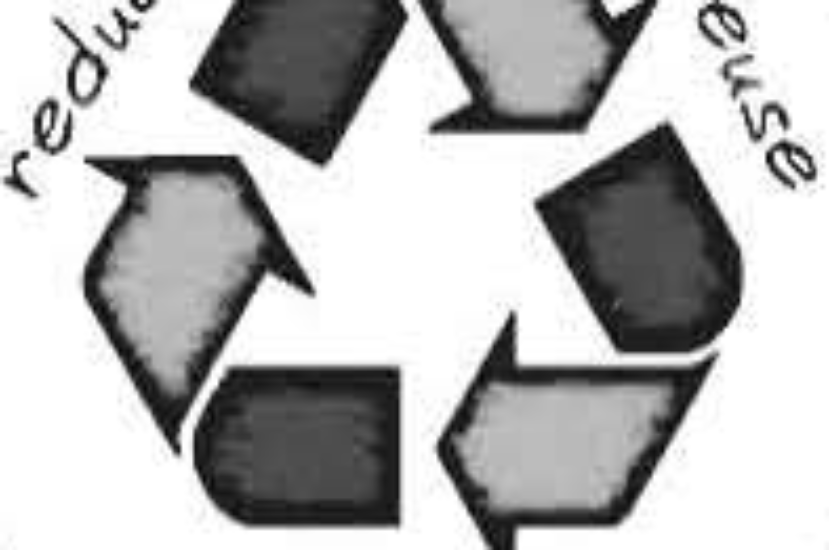A. Discuss the questions in pairs.
1. Do you throw away empty cans and bottles?
2. What do you do with your old newspapers?
3. What happens to the garbage after you throw it away?
B. Read the following text carefully to know about how we can save our environment.
LET’S SAVE OUR PLANET!
Everyone must play a part in protecting the environment. There are many things you can do on your own every day to help save the planet. Here are some suggestions.
REDUCE!
Really, the best thing we can do for the planet is to use its resources properly. Our consumer society is mainly responsible for the environmental crisis. Here are some questions you can ask yourself before buying something, “Do I really need this?” or “Is there another product which would do the same thing but is more sustainable?” Or ask the question, “Will this last a long time?” Some other questions may be, “Do I know how this item was made, how it will be used and how it will be disposed of?”
REUSE!
What do you think of using your own ceramic cup or mug at your school or local club? It means there are no plastic cups to throw away. You can wash it and reuse it every day. Unfortunately, we are encouraged to buy a new “improved” item even if the one we have can be repaired or reused. When we buy things, we should buy those that are durable; we should use them properly, and have them repaired when necessary. If we practise this, many things will not only last a life-time, but also be passed on for future use. However, if something is truly unusable for its original purposes, try to be more creative and think of how else it might be used. When you’re done with it, think of whether someone else might be able to use it. You can donate some of the things to the poor. You may also sell some of your used items through personal ads in a local newspaper.
RECYCLE!
Rather than throwing an item out when neither you nor anyone else can make use of it, have it recycled. And if recycling is not possible, it is better to send goods to a landfill or have them burned up. Find out what types of materials can be recycled in your area. Clean and sort the materials before putting them out in the bin. Recycling your drink and food cans means there will be less trash in a resource recovery facility or landfill. Moreover, a company can use the old cans to make new ones.
C. Now ask and answer these questions in pairs.
1. How can you cut down your shopping list?
2. What can you do to reuse things?
3. What kind of household goods, clothes and toys, can be donated?
4. How can you sell your used items?
5. How recycling may help save our environment?
D. Complete the blank spaces in
the table
|
What is it |
Examples |
|
|
Reduce |
To create less wastes, so |
Using a towel for drying |
|
Reuse |
To buy things that can be |
Using your own ceramic cup |
|
Recycle |
Instead of throwing an item |
Giving/selling |
E. To do this exercise, you
will need information about recycling in your local community. If you don’t
know, ask your teacher to help you learn what you can recycle from your home.
Then choose one item from the box to talk about it following the model below.
A: What are you going to do with these old magazines? B: I don’t know
what to do with these. A: Why don’t you reuse/recycle them? B: How can I do
that?
A: It’s easy. Take them to a shop that buys old newspapers and
magazines for recycling.
Household items
aerosol cans, box boards, magazines and catalogues, old CDs
If you want read the next unit please click the link below:
Unit Six: Our Neighbours




Leave a comment